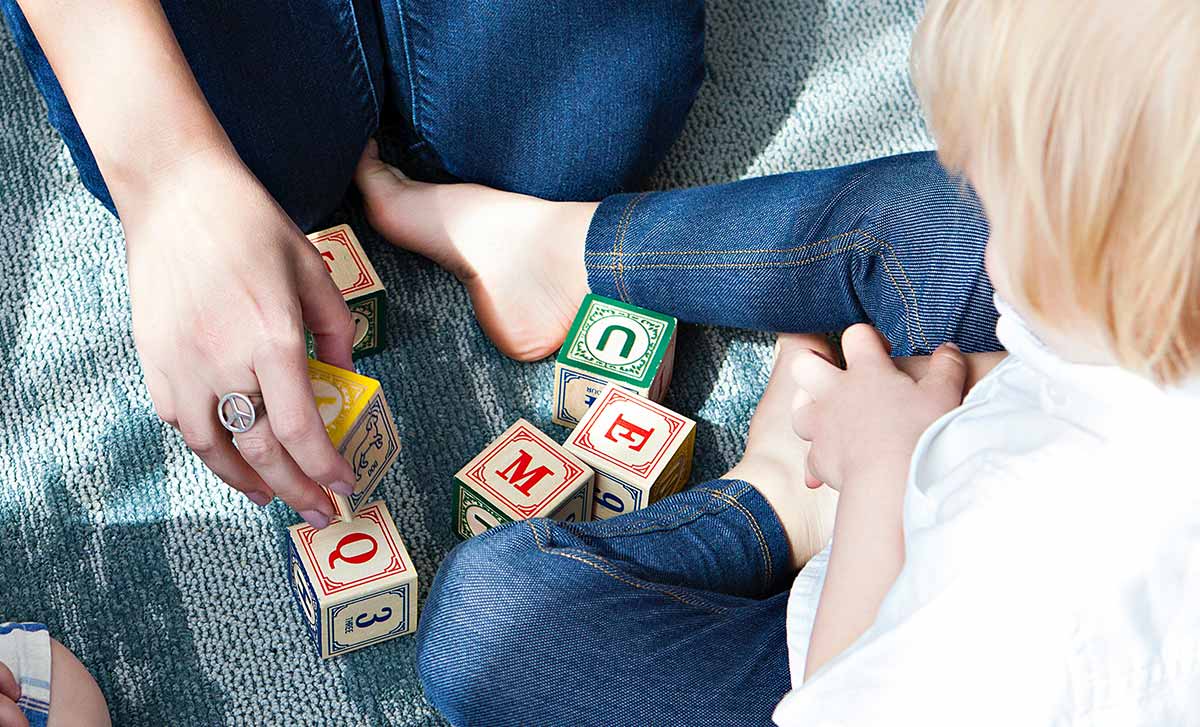
22 Jul Dyspraxia
Posted at 08:34h
in Learning Difficulties
What is Dyspraxia?
Dyspraxia is a neurological disorder that affects fine and gross motor coordination.
Children who have dyspraxia have problems planning, organising and carrying out movements in the right order in everyday situations.
Verbal dyspraxia affects the ability of a child to speak, perceive and think effectively.
What are the characteristics of Dyspraxia?
- Difficulty with handwriting
- Immature drawing or copying skills
- Difficulty with sporting activities or any activity involving gross motor co-ordination
- Inability to remember more than 3 instructions at a time
- Limited concentration skills and poor listening skills
- Very literal use of language
- High levels of motor activity which may include swinging of feet and tapping when seated, clapping or twisting of hands
- High levels of excitability including a loud and piercing voice
- May be easily upset and distressed
- If they have verbal dyspraxia, they may have difficulty making sounds and sequences of sounds in words as well as intonation patterns. Vocabulary can be very limited and they may speak more slowly than other children.
How Dyspraxia affects your child’s learning
- Difficulty settling into a structured school routine
- School work not completed due to slow speed in all tasks
- Poor concentration and listening skills will adversely affect progress in reading, writing, spelling so your child will be behind what is expected for a child their age
- Poor or illegible handwriting
- Trouble copying from the board because of their poor handwriting skills
- Difficulty organising work and poor time keeping
- If they are suffering from anxiety of emotional stress then all areas of learning will be affected.



